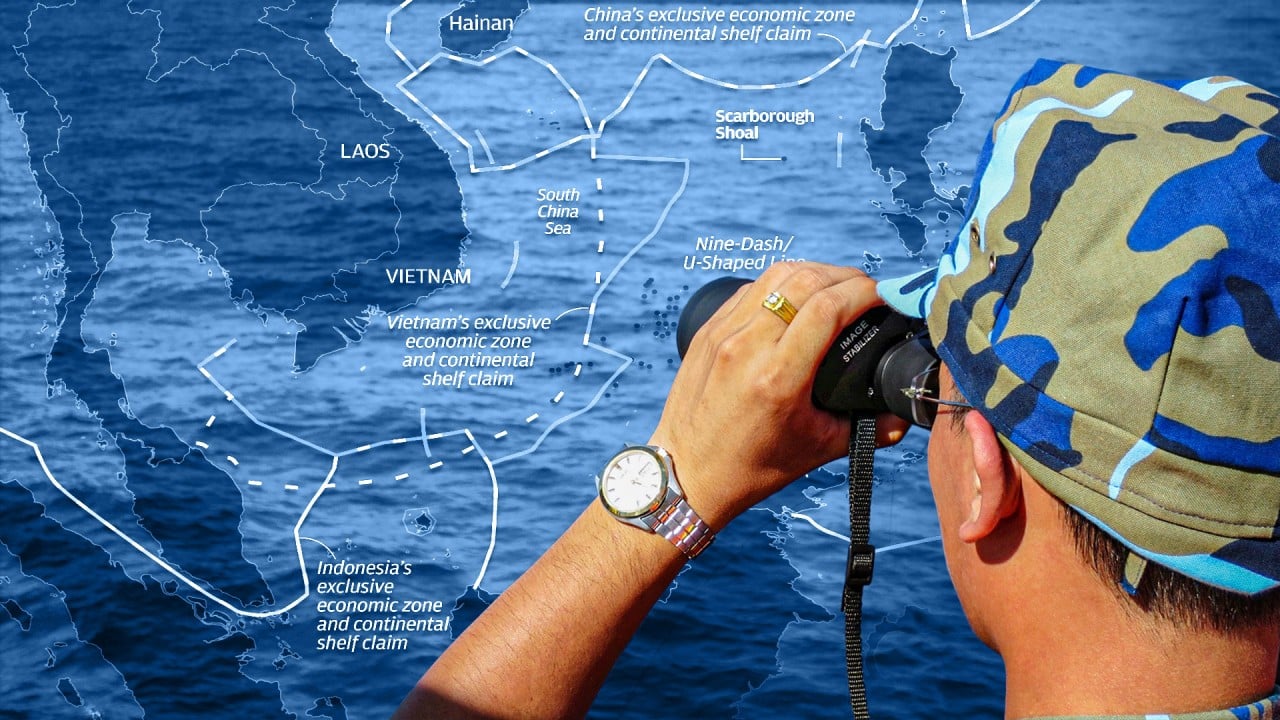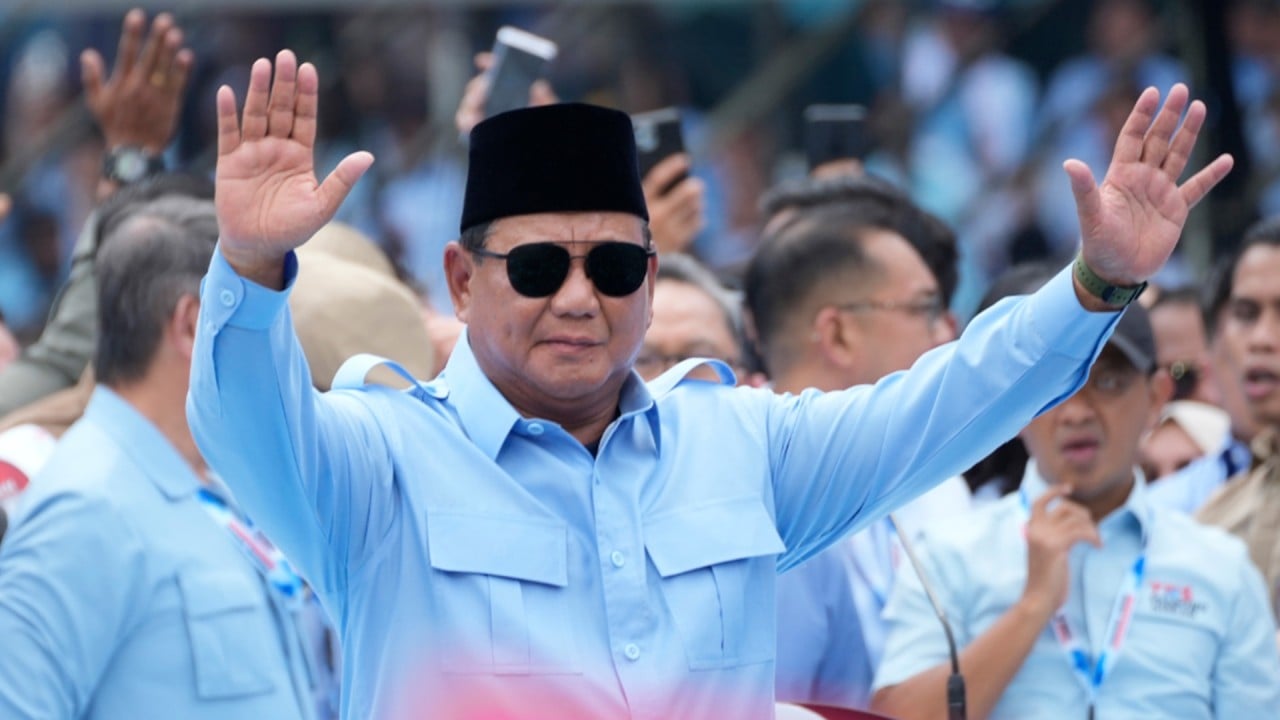Singapore-Indonesia leaders’ retreat sets stage for successors, with ‘more active’ engagement expected
In their final meeting as heads of states, Singapore Prime Minister Lee Hsien Loong and Indonesian President Joko Widodo set the stage for their successors, Lawrence Wong and Prabowo Subianto, who analysts expect to bring “more bilateral engagement and more active leadership” to their foreign policies.
Experts say Wong and Prabowo are likely to take new approaches to a number of issues looming over the region once Lee and Widodo leave office this year, including disputes in the South China Sea and the great power rivalry between the United States and China.
Wong, Singapore’s deputy prime minister, will take over the reins from Lee on May 15, while Prabowo, currently Indonesia’s defence minister, won the country’s presidential election in February and will assume office in October.
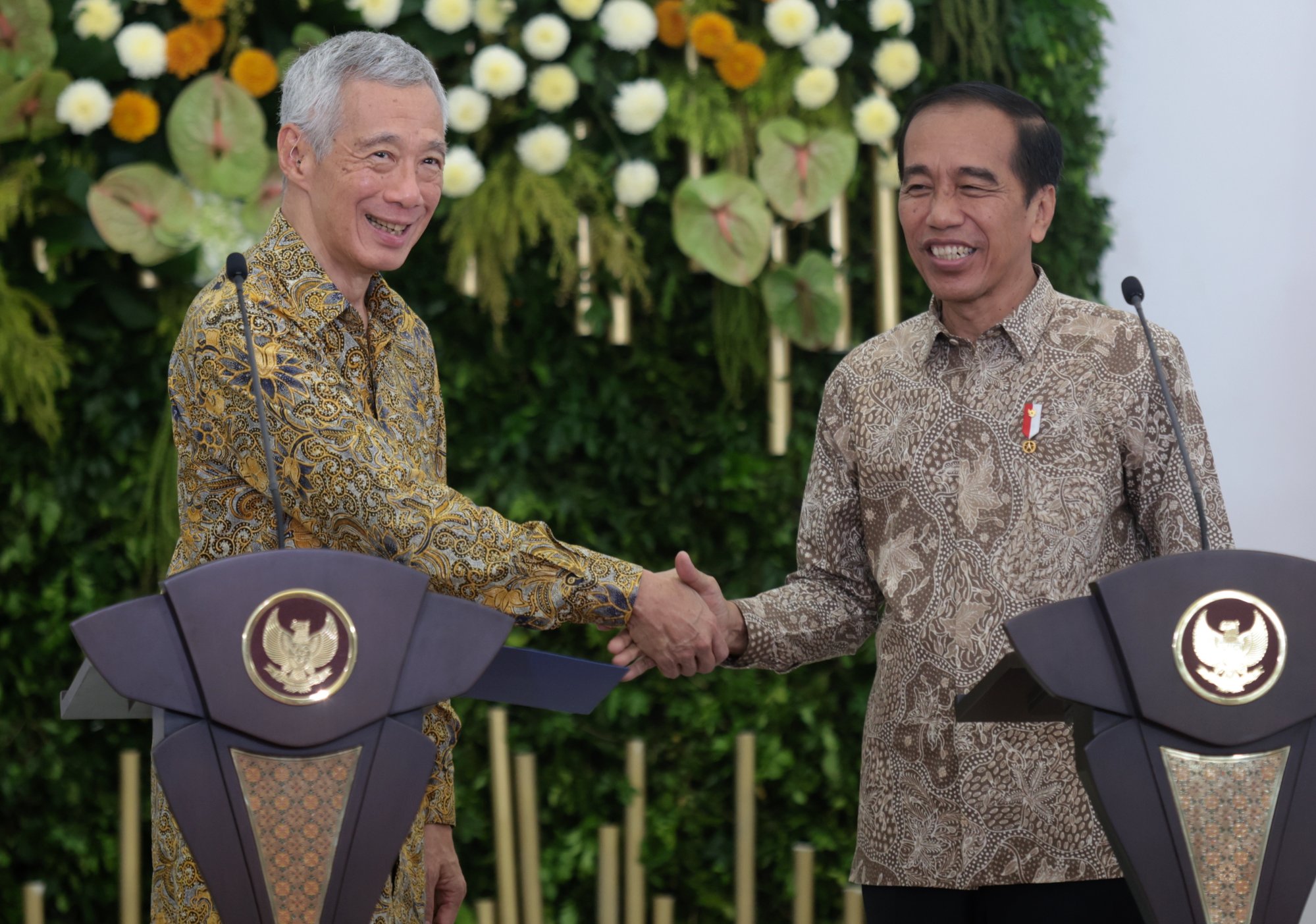
The outgoing and future leaders of the two countries met on Monday for this year’s edition of the annual Leaders’ Retreat, held in the city of Bogor in West Java.
Now in its seventh year, the retreat serves as an opportunity for the leaders of Indonesia and Singapore, as well as their ministers, to discuss bilateral relations and exchange views on regional and global developments.
“While this retreat is a fitting occasion to reflect and celebrate what we have achieved together, it is also about continuity and looking ahead,” Lee said during a joint press conference with Widodo following the meeting with their successors.
“From the present leadership to the next, we committed to look ahead, build on the strong foundation and to expand our cooperation.”
Ahmad Rizky Umar, a lecturer at the School of Political Science and International Studies at Australia’s University of Queensland, noted how the retreat “formally introduces the successors of both countries” in addition to deepening bilateral relations.
“In Singapore, I don’t expect many changes from its current approach towards foreign policy, but I’m not sure this will be the case for Indonesia,” Umar added. “I think there are some clues that [Prabowo] may be more active in expanding Indonesia’s role in foreign policy.”
Asean centrality
With the leaders exchanging views on global developments during the retreat, Widodo took the chance to emphasise the increasing importance of Asean centrality in the wake of global challenges such as the situation in the Middle East.
“We discussed regional and global issues, and agreed to continue to encourage a path forward for peace in the Middle East and strive to strengthen Asean centralisation,” Widodo said.
The concept of centrality among the 10-member Association of Southeast Asian Nations underscores the group’s role in addressing regional challenges and engaging with external powers.
According to Umar, talk about Asean centrality has been around for some years. Widodo showed interest in optimising the group’s influence during Indonesia’s chairmanship of Asean in 2023, but to limited effect.
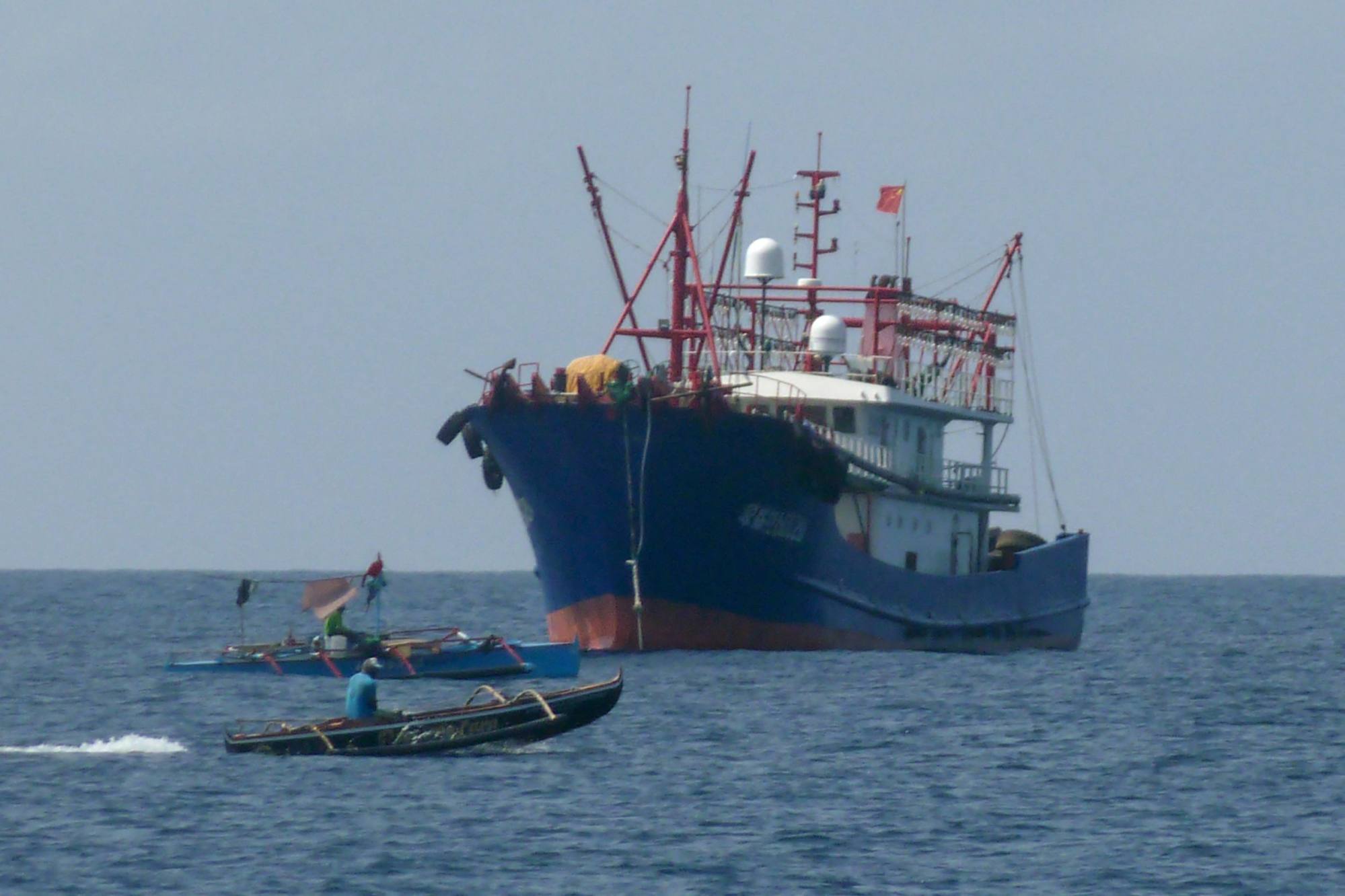
Several Asean nations have faced strained relations with China due to overlapping territorial claims in the South China Sea.
The ongoing conflict has proved to be a persistent challenge for the regional bloc, observers say, with prolonged negotiations for a Code of Conduct on the disputed waters failing to yield much progress.
“The emphasis on Asean centrality speaks to the challenges that Indonesia and Singapore face at the moment, particularly with tensions in the global order … the challenges in the South China Sea but also the great power competition between the US and China,” Umar said.
“Both states are keen to defend Southeast Asia from the threat of regional instability in the future, so this is something both Prabowo and Wong will be keen to preserve during their own terms as leaders.”
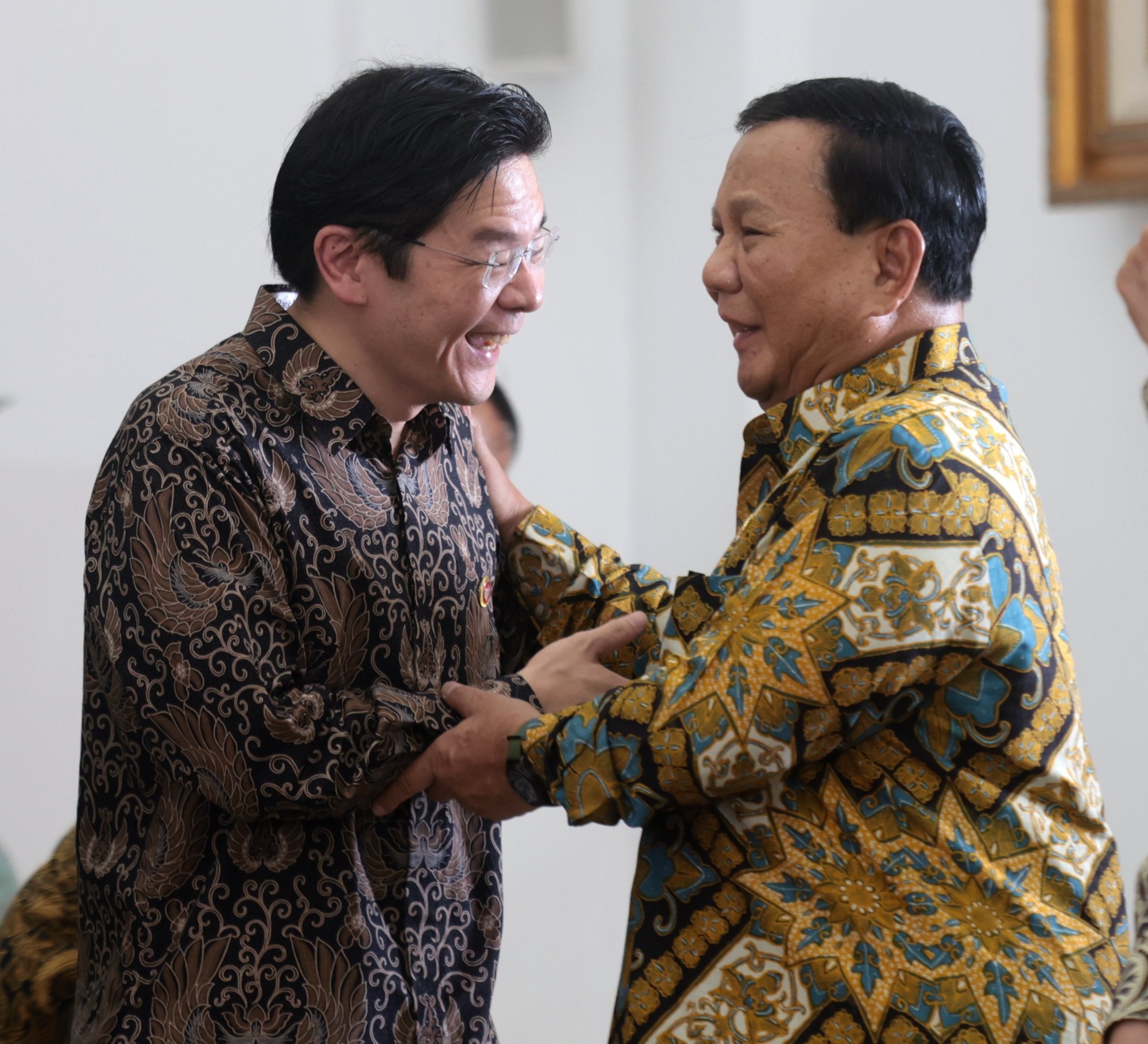
Differing approaches?
During Monday’s meeting, both outgoing leaders highlighted progress made by their countries in several sectors, including green economy, defence ties and technology.
Prime Minister Lee also cited the smooth implementation of the Expanded Framework bilateral agreements that went into effect last month and cover a range of issues including airspace management, defence cooperation, and extradition.
According to Dedi Dinarto, lead Indonesia analyst at strategic advisory firm Global Counsel, Prabowo is “expected to sustain, if not improve the strong bilateral cooperation established by Lee and Widodo, given Singapore’s status as the largest investor and its position as Indonesia’s leading trading partner”.
However, analysts also noted the different personalities of both Widodo and Prabowo in informing their regional approaches.
China, Japan visits a ‘major diplomatic coup’ for Indonesia’s Prabowo
China, Japan visits a ‘major diplomatic coup’ for Indonesia’s Prabowo
Citing Prabowo’s recent visits to China, Japan and Malaysia, analyst Umar said the president-elect had already been signalling that he wanted to play a more active role in international politics.
Last week, Prabowo also penned a guest essay for The Economist, in which he accused the West of double standards over the conflict in the Middle East.
“[Widodo] is calm and does not like much international engagement, but Prabowo is different. You can expect his international engagement to be more robust than that of Widodo,” Umar said.
“The question is how Lawrence Wong will engage with Prabowo. As Singapore also has a strong international profile, I think more bilateral engagement and more active leadership from both leaders can be expected in international politics beyond the region,” Umar added.
Similarly, Dedi from Global Counsel said Prabowo’s “astute understanding of global affairs” meant that there was expectation that he would seek to exert a “stronger influence on foreign policy decisions compared to Widodo”.
While Prabowo vowed continuity with Widodo’s agenda and “neutrality” with both China and the US during his campaign, analysts say it remains to be seen what his approach will be once he takes power.
“Prabowo’s idiosyncrasy is exactly where the uncertainty lies, though it remains to be seen how far this personality factor might affect the status quo of Singapore and Indonesia relations,” Dedi said.



